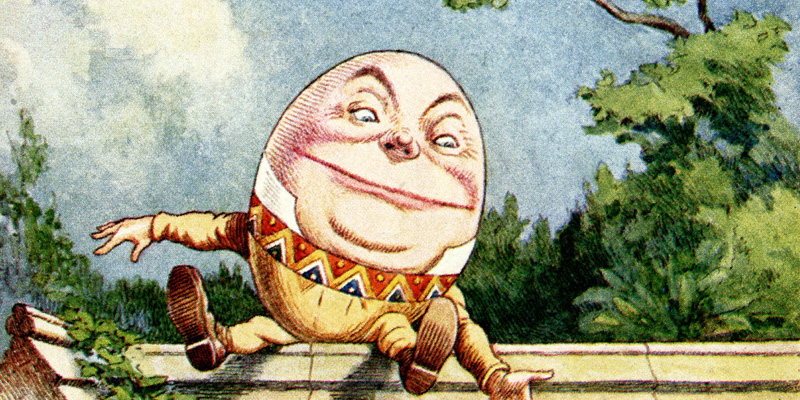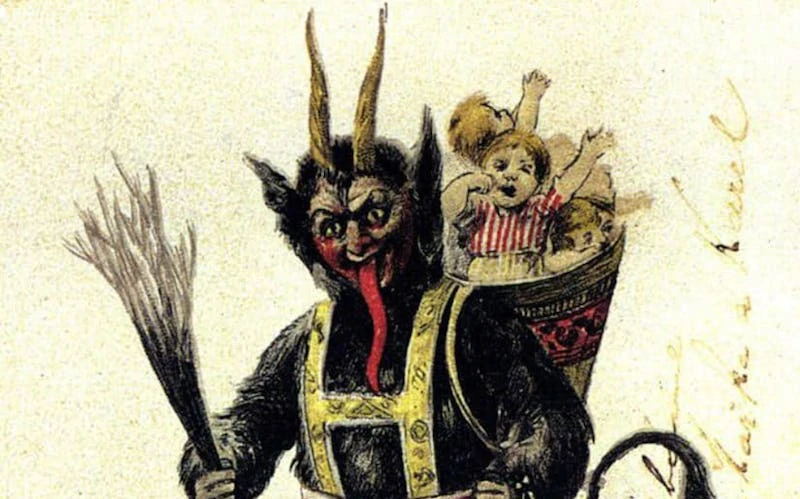Last updated on July 22nd, 2022 at 07:07 pm
It was a tumultuous time – the 17th Century. Political, social, and religious upheaval was the norm. But amidst all the chaos, some momentous events shaped history. In this article post, we will look at 10 of the most important events from the 17th Century.
The Romanov Dynasty
On the other side of Europe, Russia was undergoing some changes of its own. In 1598, the last Rurikid Tsar, Feodor I of Russia, died without an heir.
This created a period of political instability in Russia known as the ‘Time of Troubles.’ During this time, many different people tried to claim the Russian throne for themselves, resulting in bloodshed and chaos. Those who made false claims were titled as the ‘False Dmitrys.’
At the same time, the country was entering a time of famine and despair, which only heightened the severity of the problems. Russia was in a dire state.
But then, in 1613, a man by the name of Michael Romanov was elected to be the new Tsar. He was the first of the Romanov line, which went on to rule Russia for centuries.
Under his rule and that of his successors, Russia became a powerful force to be reckoned with. They built up their army and navy, and their economy began to flourish. This was a turning point in Russian history, and the country has been on the rise ever since.
The Founding of Harvard University
In 1636, one of the most prestigious and well-renowned universities in the world was founded – Harvard University.
It is located in Cambridge, Massachusetts, and is the oldest institution of higher learning in the United States.
Harvard University has produced some of the most brilliant minds in history, including eight U.S. presidents, 373 Rhodes Scholars, and 62 living billionaires.
The university is also responsible for advancements in various fields such as science and medicine. For example, they were the first to isolate radioactive isotopes and identify the three main blood types.
They have also been at the forefront of research into topics such as autism and cancer. Harvard University is a world leader in higher education, and its impact has been felt across the globe.
Europe had a 30-Year War
The 17th Century was a time of great turmoil and conflict in Europe. One of the biggest events to take place was the Thirty Years’ War.
This war was fought between the years 1618 and 1648, and it began as a religious conflict between Protestants and Catholics. However, it turned into a power struggle between the major European nations over time.
By the end of the war, France, Sweden, and Spain were the main victors. However, the real losers were the people of Europe. It is estimated that around eight million people died due to this war, making it one of the deadliest in human history.
Today, the Thirty Years’ War is seen as one of the main reasons for the decline of the Spanish Empire.
The Mayflower Set Sail
In 1620, the Mayflower ship set sail from Plymouth, England. Onboard were 102 passengers and 30 crew members.
This journey was not an easy one, and many of the passengers perished along the way. However, those who did make it to their destination went on to found the Plymouth Colony – one of the first colonies in the New England area.
This colony was extremely important as it laid the foundations for what would eventually become the United States of America. Without the Mayflower and its brave passengers, the history of the USA (and the world) could have been very different.
What’s more, the Mayflower is also remembered for being the first ship to bring Thanksgiving to the New World. This holiday is now celebrated by millions of people around the globe every year.
Galileo Proves the Earth Orbits the Sun
In 1633, Galileo Galilei was put on trial by the Catholic Church for heresy. His crime? He had published a book where he argued that the Earth orbits the Sun, not the other way around.
At the time, this was a radical and dangerous idea. For generations beforehand, the belief was that the Sun revolved around the Earth. He figured this out by using a telescope to study the night sky, where he observed the four moons of Jupiter.
From here, he concluded that if other planets had moons, then it was logical to assume that Earth did too. This meant that the Earth must orbit something – in this case, the Sun. There is a lot more to it than this, but this is the basic foundation on which the theory was based and certainly opened the doors for the scientific research that we see as fact today.
While Galileo was ultimately convicted of heresy, his work laid the foundations for the Scientific Revolution. This was a period of time in which science and reason began to take precedence over traditional beliefs.
The Church believed that Galileo was challenging their authority, and they sought to punish him for it.
However, Galileo stood his ground and refused to recant his beliefs. As a result, he was sentenced to life imprisonment. However, after just a single day in prison, his sentence was changed to house arrest, where he had to stay for the rest of his life, eventually passing away in 1642.
Although Galileo was eventually able to convince the Church of his theory, it took many years, costing him dearly. Nevertheless, his work laid the foundations for the scientific revolution that would take place in the following centuries.
The Great Fire of London
In 1666, the city of London was engulfed in flames. The Great Fire of London began in a bakery on Pudding Lane and quickly spread through the city.
For three days between 2nd September and the 6th September, the fire raged unchecked, causing an estimated £15 million (in today’s money value) worth of damage. Fortunately, however, in the end, only six people were confirmed to have died in the fire, and it’s lucky that it wasn’t more. However, this was still a devastating event for the city of London, and it took many years to recover.
By the time the fire was extinguished, around 70% of the city had been destroyed.
Although this was a devastating event, it did have some positive outcomes. For example, it led to the development of better building techniques and fire safety regulations, which have prevented this issue from happening again and is a technique that can be applied worldwide and has undoubtedly saved millions of lives.
This was also an opportunity to create a more modern city in terms of rebuilding efforts. Many of the medieval buildings that had been destroyed were replaced with newer, more stylish ones. This meant that the city of London today is very different from the one that existed before the fire.
The Ming Dynasty Fell
The Ming Dynasty was the ruling dynasty of China for over 200 years. This dynasty is famous for its achievements in art, literature, and philosophy, such as the construction of the Forbidden City.
What’s more, the Ming Dynasty was a time of great prosperity for China. However, this all came to an end in 1644 when the Manchu people overthrew the dynasty.
This happened when the Ming Emperor committed suicide after the Manchus defeated his army. As a result, the Manchu people established the Qing Dynasty, which ruled China until 1911.
Although the Ming Dynasty was relatively short-lived, it was an extremely important period in Chinese history. During this time, China flourished economically and culturally. The Ming Dynasty also left a lasting legacy on the country that can still be seen today.
The First African Slaves Arrive in America
In 1619, the first African slaves arrived in the English colony of Virginia.
These 20 enslaved people were captured in Angola and sold to the English colonists by the Dutch.
Although slavery had existed in other parts of the world before this, the arrival of these 20 slaves marked the beginning of the slave trade in America.
This happened because the English colonists found that slaves were cheaper and more readily available than indentured servants.
As a result, the slave trade quickly took off, and the number of enslaved people in America increased dramatically. From here, the slave trade would go on to play a major role in the history of America.
This kind of process lasted all the way up until 1900, during which over 12 million enslaved Africans were forcibly transported to the Americas.
This event would have a profound and lasting impact on American history, culture, and society, and even to this day, the legacy of slavery can still be seen in the United States.
England and Scotland Under One Ruler
One of the most significant events to happen in the 17th Century was the union of England and Scotland. The two countries had been in a bitter conflict for hundreds of years.
However, while centuries of opposing views plagued both countries, it wasn’t until 1603 that things started to change. events do you think were important during this time? Let us know in the comments below!
Of course, there are many other significant events that could be mentioned. However, these ten events have had a lasting impact on the world, and they continue to shape our lives today.

